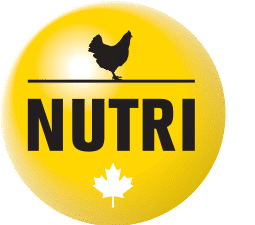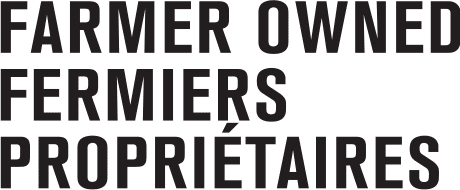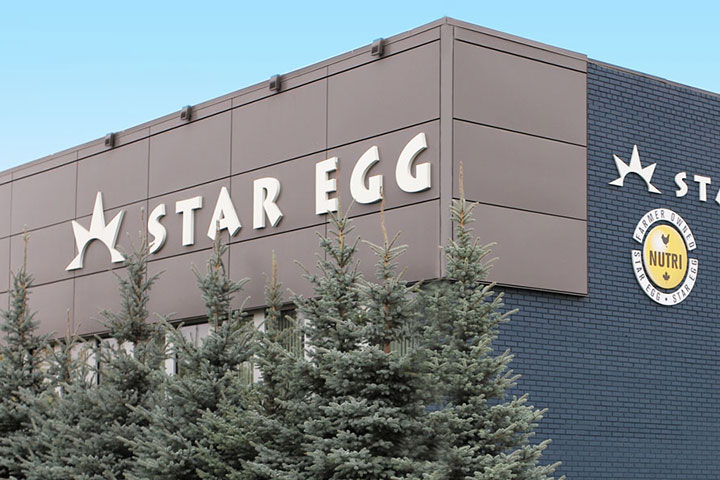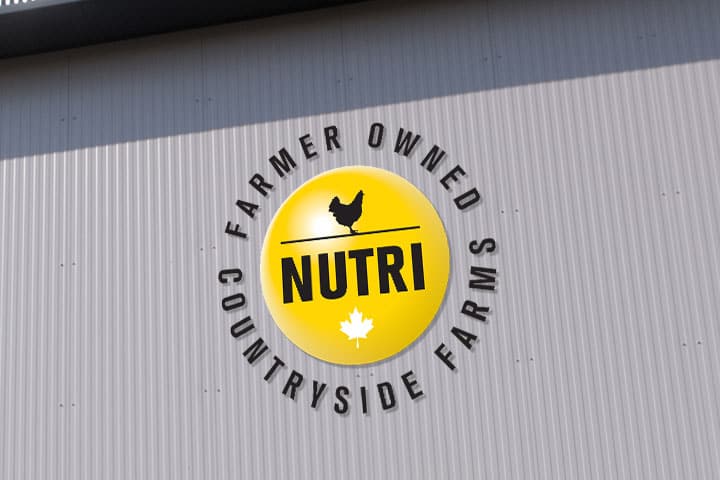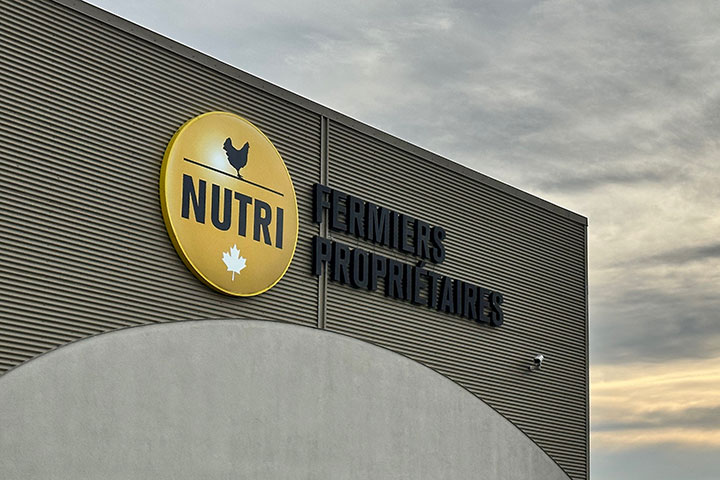Firstly, there is no nutritional difference between these two types of eggs. Free-range eggs come from hens raised in poultry houses where they can move around freely on slatted or littered floors. Their living space also includes perches and nests. Free-range eggs are produced in a similar environment, but the hens also have access to an outdoor run. Given Canada’s harsh climate, the outdoor run is accessible on a seasonal basis.


